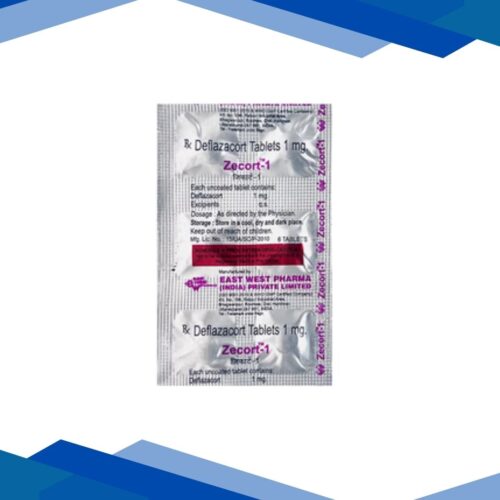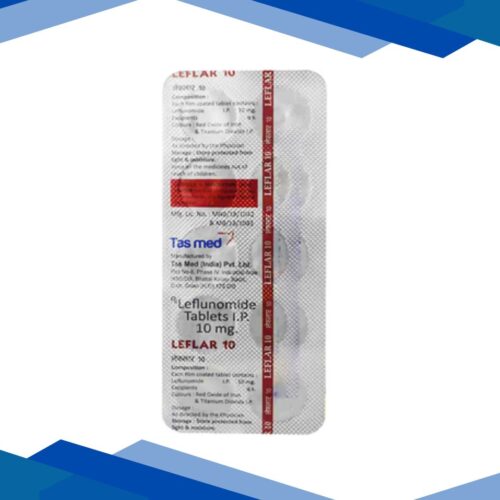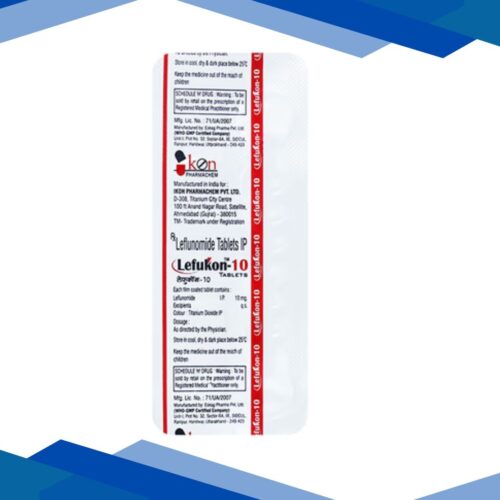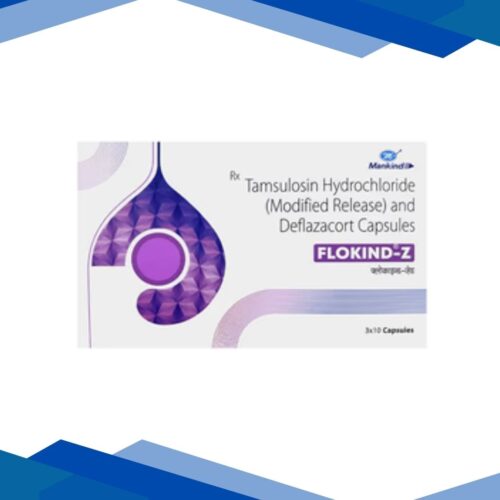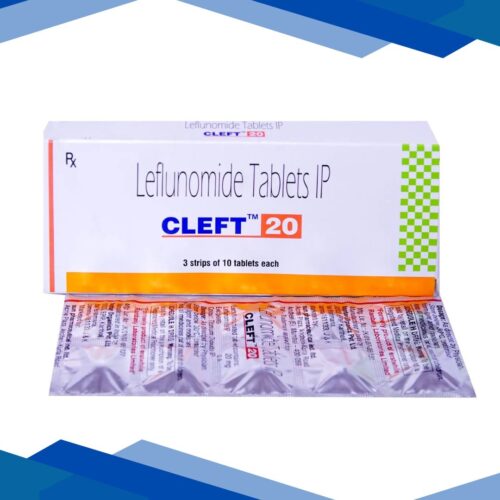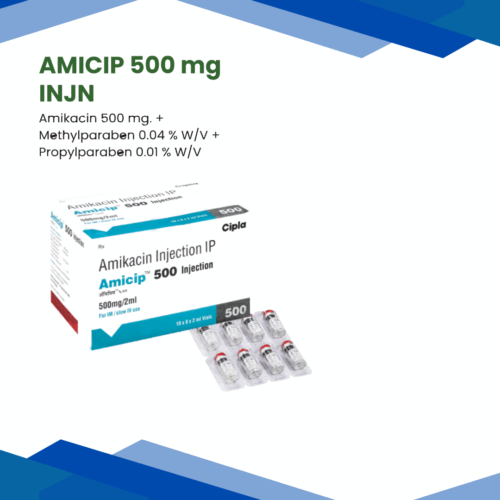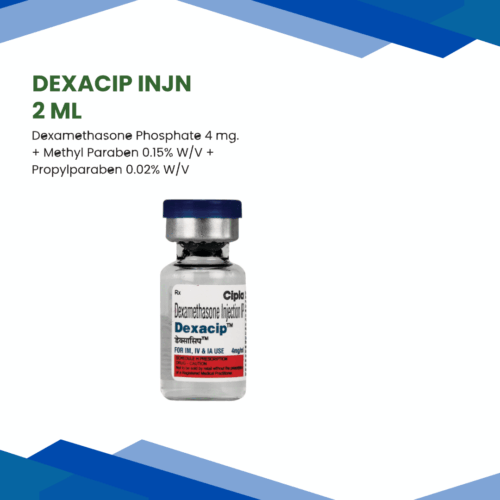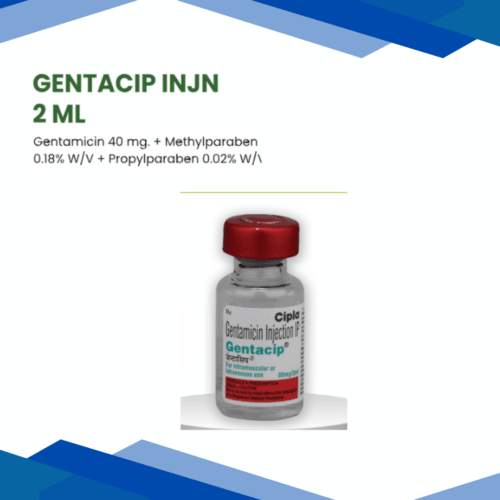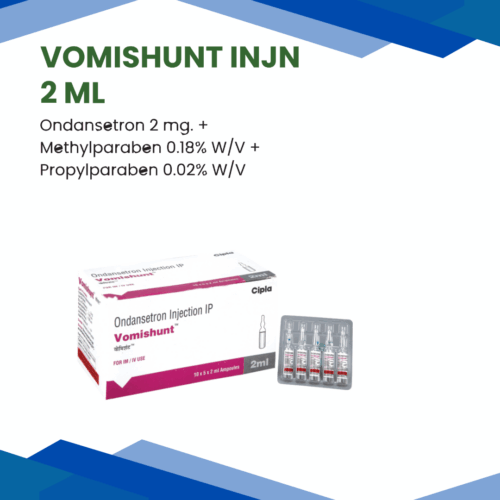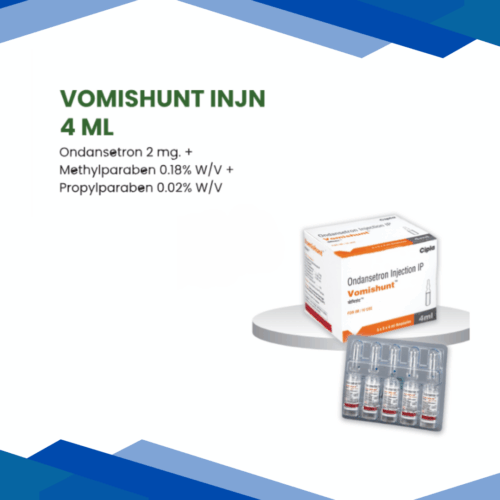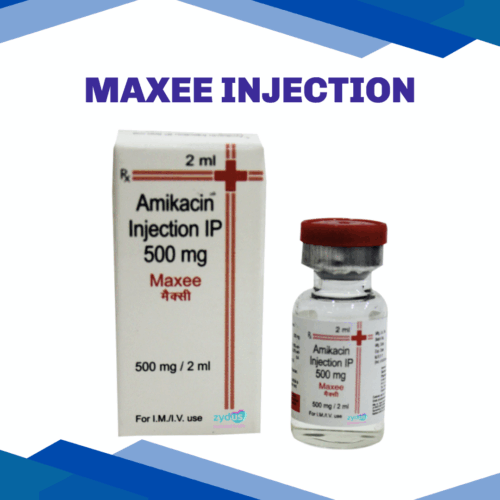FLOKIND Z Capsule 10’s
Amicip 250
No Prescription yet? Don’t worry! Click Here to Get Online Consultation
Why Prescription is Required?
✅ Providing Right Medicines
Prescriptions are complex documents. We proofread and recheck at various steps to provide you the right medication in the correct form and dose.
⚖️ Helps Comply with the Law
Most medicines cannot be sold without a valid prescription, as per the Drugs and Cosmetics Act, 1940 and Rules, 1945.
Book Appointment with Doctor
Amicip 250 Injection is an antibiotic used to prevent or treat various bacterial infections. These may include infections of the urinary tract, bones, joints, lungs (e.g., pneumonia), brain, blood, etc. It is also used in hospitalized patients to prevent infections.
Amikacin
AMIKACIN
Overview:
Amikacin is a strong antibiotic used to treat serious bacterial infections, especially when other medicines don’t work. It’s often given in hospitals through an injection or IV. This medicine is especially helpful for infections in the lungs, kidneys, blood, bones, or abdomen caused by tough or resistant bacteria.
Classification: Antibiotic
Uses:
It’s mainly used to treat serious bacterial infections, especially when other antibiotics haven’t worked. This includes infections of the lungs, bones, joints, abdomen, urinary tract, and blood (sepsis). It’s often used in hospitals for life-threatening or resistant infections.
How It Works:
Amikacin works by killing bacteria directly. It does this by blocking their ability to make essential proteins, which are crucial for their growth and survival. Without these proteins, the bacteria can’t multiply and eventually die off.
Dosage: As prescribed by your doctor.
Side effects:
Hearing problems (ringing, loss of hearing)
Kidney damage (seen through changes in urine or blood tests)
Balance issues (dizziness, unsteady walking)
Injection site reactions (pain, redness)
Precautions:
Kidney function should be monitored closely before and during treatment.
Hearing tests may be needed, especially for long-term use.
Let your doctor know if you have existing kidney issues, hearing loss, or take other medications that may harm the kidneys or ears.
Amikacin is usually given in a hospital under careful supervision.
Pregnant or breastfeeding, only use it if your doctor thinks it’s absolutely necessary.
Disclaimer:
This content is for informational purposes only. Always consult a healthcare provider for medical advice and proper dosage
Methylparaben
METHYLPARABEN
Overview
Methylparaben is widely used to extend shelf life and prevent spoilage in various personal care and medicinal products. It is chemically stable, inexpensive, and effective in small quantities, making it a go-to choice in many industries.
Classification
Methylparaben is a synthetic preservative commonly found in cosmetics, pharmaceuticals, and food products. It’s part of the paraben family, which helps keep items fresh by stopping the growth of harmful microbes like bacteria and mold
Uses
You’ll often find Methylparaben in:
Skincare products (like lotions, creams, and face washes)
Shampoos and conditioners
Makeup and deodorants
Pharmaceuticals (as a preservative in syrups, creams, and eye drops)
Processed foods (though less common nowadays)
How It Works
Methylparaben works by:
Disrupting the growth and reproduction of microorganisms
Preserving the chemical stability of products
Preventing spoilage by controlling microbial activity
It essentially keeps things clean and safe to use, especially in products that are stored for long periods or exposed to air and moisture.
Dosage
As prescribed by your doctor.
Side effects
Most people tolerate methylparaben well, but in some cases, it might cause:
Mild skin irritation
Redness or rash (especially on sensitive skin)
Allergic reactions (rare)
Concerns have been raised about hormone disruption due to its weak estrogen-like activity, but research is still ongoing
Precautions
People with very sensitive skin or a known paraben allergy should check product labels and opt for paraben-free alternatives
Long-term exposure or using multiple products with parabens might raise concerns for some, although more research is needed
Those managing hormonal disorders may want to avoid frequent use and speak to a healthcare provider
Disclaimer
This content is for informational purposes only. Always consult a healthcare provider for medical advice and proper dosage
Propylparaben
PROPYLPARABEN
Overview
Propylparaben is a preservative used in many cosmetics, personal care products, and even medicines and foods. Its main job is to stop the growth of germs, bacteria, and mold, helping products stay fresh and safe to use for longer.
Classification
Propylparaben belongs to a group of chemicals called parabens. These are synthetic (man-made) preservatives commonly used to prevent spoilage and contamination in creams, lotions, shampoos, makeup, and medicines.
Uses
Keeps cosmetic products like lotions, creams, and shampoos from going bad
Helps preserve the shelf life of certain foods and medicines
Prevents bacterial or fungal growth in skin care and hygiene products
Used in pharmaceuticals to maintain product stability
How It Works
Propylparaben works by stopping the growth of microorganisms (like bacteria and mold) that could spoil products. This helps keep the product safe, clean, and usable for a longer time.
Dosage
As prescribed by your doctor.
Side effects
Most people use propylparaben safely, but some may experience:
Skin irritation or redness, especially on sensitive skin
Allergic reactions in rare cases (itching, rash)
Hormonal concerns have been raised in some research, but current levels used in products are considered safe by health agencies
Precautions
People with sensitive skin or allergies may react to parabens — always check product labels
Some studies suggest parabens may affect hormone balance, but more research is needed
It’s generally considered safe in small amounts approved by health authorities
Not recommended for use on broken or irritated skin unless prescribed
If you’re concerned about parabens, look for “paraben-free” products
Disclaimer
This content is for informational purposes only. Always consult a healthcare provider for medical advice and proper dosage

